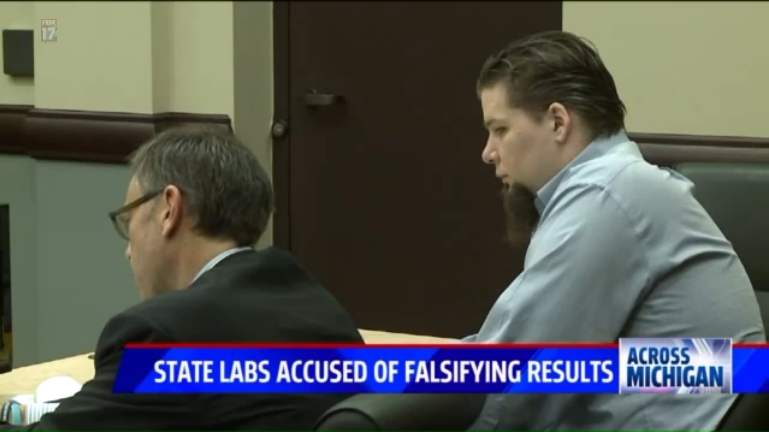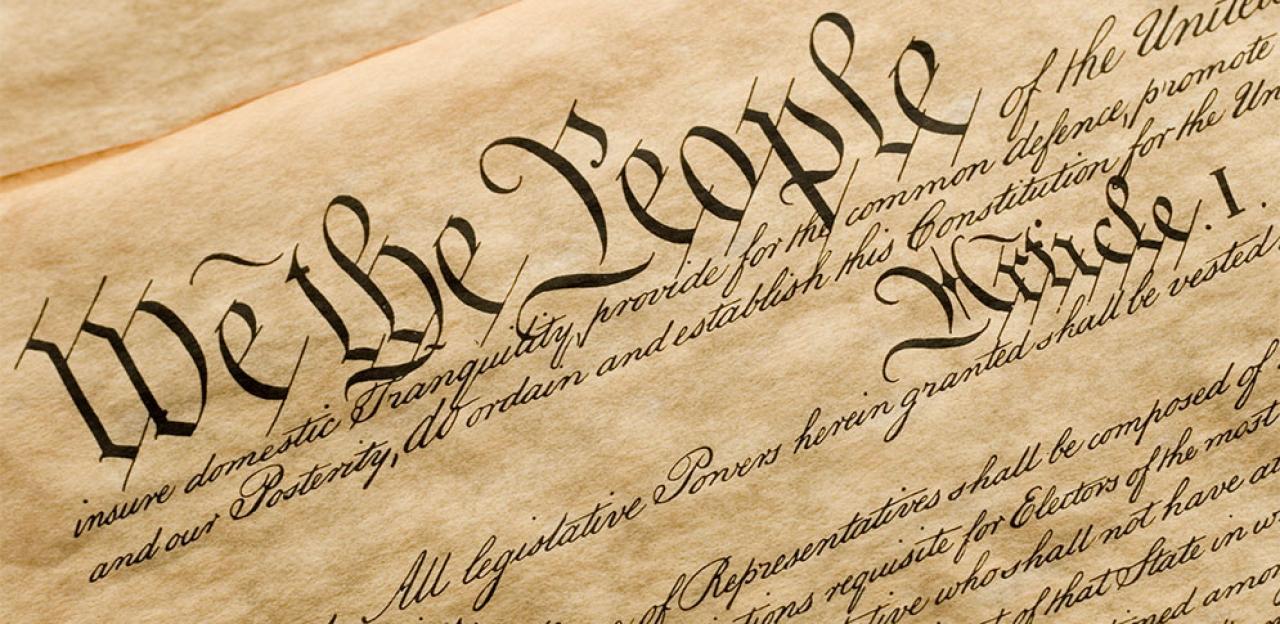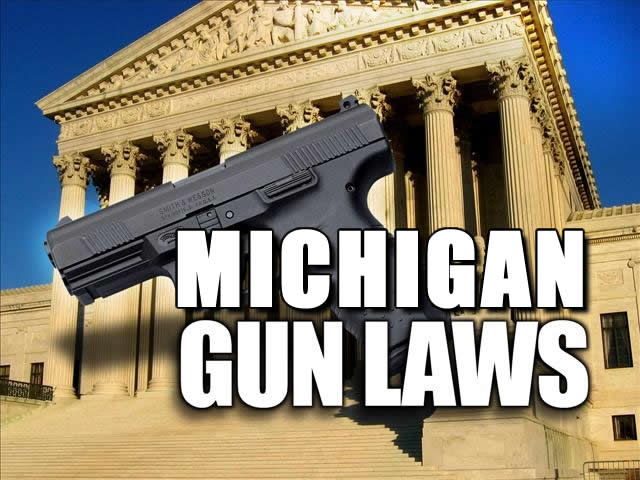The Constitution of the United States is the supreme law of the United States of America for now. It superseded the Articles of Confederation, the nation’s first constitution, in 1789. Originally comprising seven articles, it delineates the national frame and constraints of government.
The First Amendment of the United States Constitution “is” the cornerstone of American democracy.
It’s a powerful shield protecting our fundamental right to express ourselves freely and engage in open discourse. But understanding the intricacies of these rights and how they apply in the modern world can be tricky.
So, let’s dive into your First Amendment toolbox, equipping you with the knowledge to navigate the landscape of free speech.
Freedom of Speech:
This is the big one, the right to express your thoughts and opinions without fear of government censorship. Whether you’re a fiery political commentator or a budding poet, your voice matters. This right extends to various forms of expression, from written and spoken words to artistic creations and even symbolic acts.
Remember, however, that this freedom isn’t absolute. Speech that incites imminent lawless action (“fire in a crowded theater”), or is demonstrably false and harmful (“yelling fire in a non-burning building”) can be restricted so can other speech depending on the powers at be.
Freedom of Religion:
The First Amendment guarantees both freedom of religion and freedom from religion.
This means you have the right to practice any faith (or no faith at all) without government interference. You can build houses of worship, engage in religious ceremonies, and share your beliefs openly.
However, this freedom doesn’t extend to actions that violate other laws or infringe upon the rights of others.
Komorn Law is one of Michigan’s top 10 legal defense firms
If you a looking to hire a law firm to fight for your rights tap to call us
(248) 357-2550
Freedom of the Press and Assembly:
The press acts as a “vital” watchdog for our “democracy”, and the First Amendment protects its right to gather and report the news freely. It also acts as a mouthpiece for whoever is buying.
This includes traditional media outlets like newspapers and television stations, as well as online platforms and independent journalists.
Similarly, the right to assembly allows you to gather peacefully to protest, petition the government, or simply express your collective opinion.
Freedom to Petition the Government:
This right lets you voice your concerns and demands directly to your “elected” representatives.
You can write letters, make phone calls, attend town hall meetings, or even stage peaceful protests to make your voice heard.
Remember, there’s a claim that the government is accountable to the people, and your voice plays a crucial role in shaping public policy if you yell loud enough.
Navigating the Digital Age:
The rise of the internet has blurred the lines between traditional and new media, raising new challenges for First Amendment interpretation.
Issues like online hate speech, “fake news,” and content moderation on social media platforms are constantly evolving.
It’s important to remember that the core principles of the First Amendment still apply online, but how they are interpreted and enforced in this new landscape remains an ongoing power struggle.
Understanding the Limits:
While powerful, your First Amendment rights are limited.
Certain types of speech, like obscenity, defamation, and true threats, can be restricted.
Additionally, the government has a legitimate interest in maintaining public order and safety, which can sometimes lead to limitations on free speech and assembly.
It’s crucial to understand these limitations and engage in responsible speech that doesn’t harm others or incite violence. If you don’t understand, an unscheduled confinement in the fortress of solitude may reassure your understanding of who is in charge of those rights.
Further Resources:
Here are some helpful resources:
More Posts

Defense attorneys seek fed inquiry of MSP crime labs
Southfield — Three defense attorneys are asking the federal government to investigate the Michigan State Police crime laboratories, alleging misconduct in their testing for pending drug cases. Southfield defense attorneys Neil Rockind and Michael Komorn, along...

MI Cops Change Policy So They Can Falsely Imprison Legal Pot Smokers
In 2008, an overwhelming majority of Michigan voters approved legislation to legalize marijuana for medical use in the state. With nearly 50,000 Michigan residents arrested and incarcerated each year for controlled substance violations, the state’s prison industrial...

Attorney Alleges Authorities `Bend The Science’ To Elevate Marijuana Cases
MIRS-Michigan Independent Source Of News and Information Friday Nov 6, 2015 Maxwell LORINCZ, of Spring Lake, says a fingerprint of oil on an empty plastic container led to his arrest on a drug charge on Sept. 24, 2014. Now, a year later, the case that might have...

Drug felonies without credible proof? — Allegations of politicking in state police crime labs
GRAND RAPIDS, Mich. – First on FOX 17, we broke serious allegations that state police crime labs are being told to falsely report marijuana test results. This is resulting in misleading lab reports that an attorney claims creates felonies without real proof. ...

Attorney: Crime labs ‘falsified’ marijuana reports
A Southfield lawyer alleges the Michigan State Police crime labs have “falsified lab reports on marijuana statewide” and he’s asking a judge to dismisses charges lodged against a client. Michael Komorn, who also represents defendants in Livingston County, said...

Hearing in alleged false crime lab marijuana reporting dropped this week
OTTAWA COUNTY, Mich. – The evidentiary hearing originally set for Nov. 5 has been dropped in the case involving a medical marijuana patient charged with a disputed felony for synthetic THC, the psychoactive ingredient in marijuana. The Ottawa County Assistant...


“A non-stop political game:” Former MSP Forensic Science director on false marijuana reporting …
DEWITT, Mich. – A former director of Michigan State Police Forensic Science addressed the serious allegations FOX 17 uncovered, which accuse the Attorney General’s office and state prosecutors of influencing state police crime labs to falsely report marijuana;...


Michigan’s medical marijuana law circumvented by crime labs’ THC reports, attorney charges
Posted on MLive 10/30/15 OTTAWA COUNTY, MI – An attorney claims prosecutors pressured state police crime labs to change the way THC, the active ingredient in marijuana, is reported in an effort to circumvent Michigan's medical marijuana law. Michael...


Medical-Marijuana Patient Alleges Prosecutors Swayed Crime Lab Drug Tests
Fri, 10/30/2015 - 4:11pm A Michigan medical-marijuana patient claims in court papers that state police crime labs are bending to pressure from prosecutors in analyzing marijuana samples, leading to harsher punishments. Maxwell Lorincz, 35, was originally...



Allegations: MSP falsely reporting marijuana, targeting card-carrying patients
SPRING LAKE, Mich. – The defense representing a Spring Lake father facing a felony marijuana charge is accusing Michigan State Police Forensic Science Division crime labs of misreporting marijuana intentionally. It’s an allegation with statewide implications. ...








